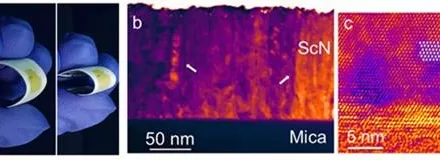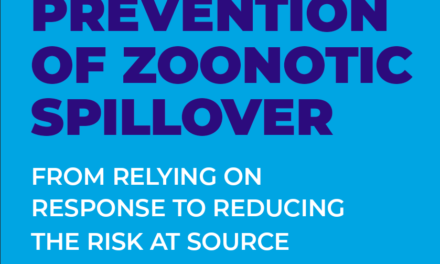A groundbreaking study published in the Journal of Applied Physiology has revealed that nicotine consumption—whether through smoking, chewing, vaping, or using a patch—significantly raises the risk of heat exhaustion during intense physical activity, especially in hot environments.
Nicotine’s impact on the body has long been a concern for health experts. Previous research established that nicotine constricts blood vessels, reducing blood flow to the skin. This reduction impairs the body’s ability to release heat and provide the fluid necessary for sweating. Without sufficient blood flow to the skin, the risk of overheating dramatically increases.
In the study, researchers recruited ten male participants who had no prior history of nicotine use. Each participant wore a nicotine patch overnight, and on another occasion, they wore a placebo patch. Importantly, the experiment was conducted as a double-blind study, meaning neither the participants nor the researchers knew when an active or inactive patch was used.
The following day, participants engaged in one-hour cycling sessions under controlled environmental temperatures of 20°C and 30°C. Researchers closely monitored their gastrointestinal and skin temperatures during and after each trial. This experiment was repeated four times to ensure consistency.
The findings were stark. Two participants had to withdraw from the 30°C trials while wearing nicotine patches. One individual reached the maximum ethical limit for gastrointestinal temperature, and the other reported severe symptoms of nausea and chills. Across all trials, researchers observed that nicotine use heightened heat stress by reducing blood flow to the skin, a key factor in regulating body temperature.
“Our findings emphasize the dangers of nicotine consumption, particularly for individuals engaging in intense physical activities in warm environments,” said the study’s lead author. “Even seemingly benign forms of nicotine use, like patches or vaping, can have serious consequences for heat regulation.”
This study underscores the broader implications of nicotine’s physiological effects, beyond its well-documented impact on addiction and cardiovascular health. With rising global temperatures and the growing prevalence of nicotine consumption in various forms, public health campaigns may need to address this additional risk.
Experts recommend that athletes, laborers, and individuals engaging in strenuous physical activities avoid nicotine use, particularly during hot weather. Further research is expected to delve into the long-term effects of nicotine on heat tolerance and whether these findings extend to larger and more diverse populations.











